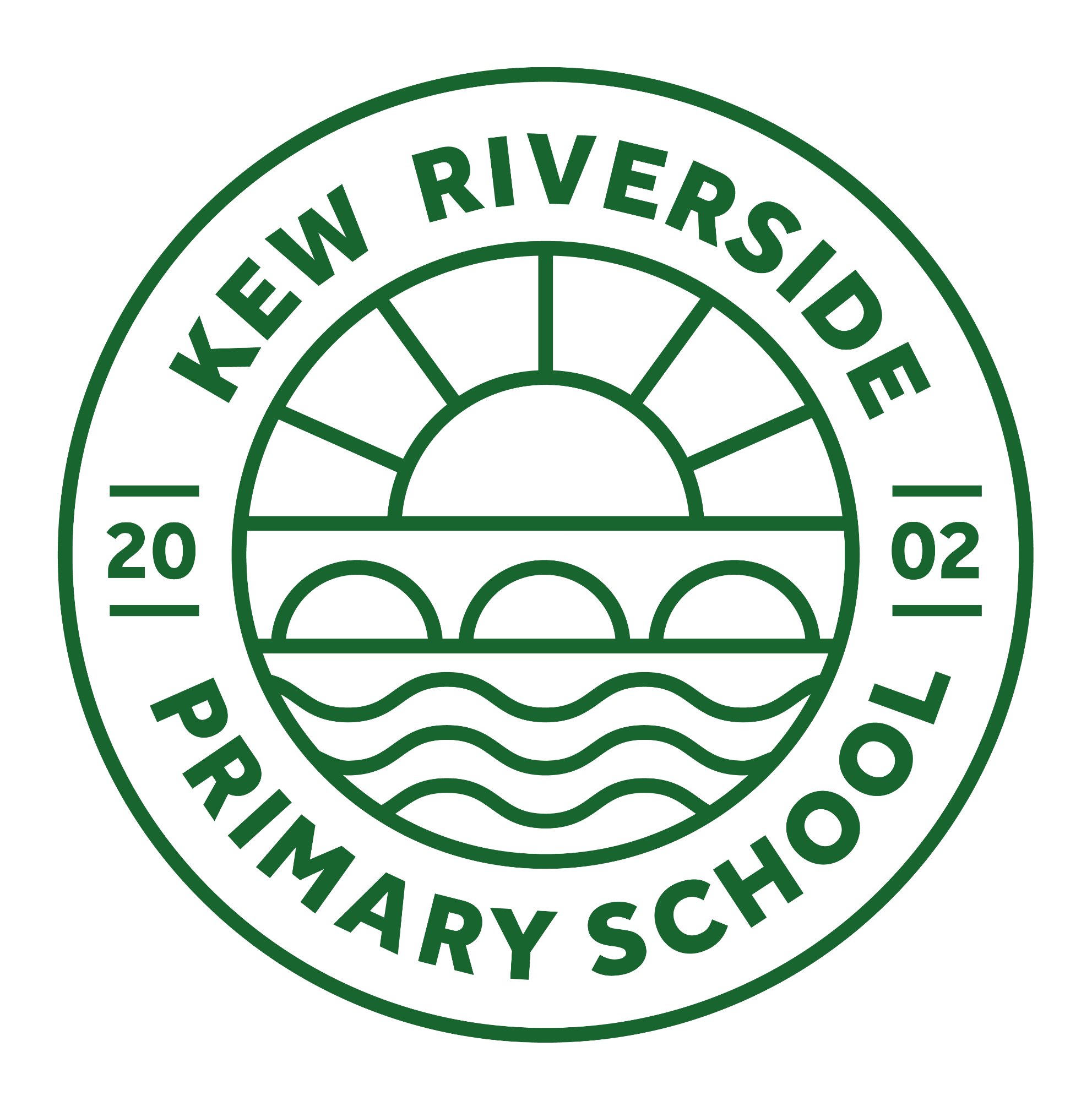Art
Intent
The intent of our art curriculum is to cultivate within students a lifelong passion for creating art while developing their ability to communicate ideas, emotions, and opinions effectively. We aim to:
- Foster Creativity: Encourage students to explore their imagination and express their experiences through various artistic mediums.
- Develop Skills: Equip students with a progressive skill set in drawing, painting, and sculpture through a carefully sequenced curriculum that builds on prior knowledge each year.
- Promote Art Appreciation: Introduce students to the works of great artists, designer-makers, and the cultural historical context of their art forms, encompassing a diverse range of styles and cultures.
- Encourage Critical Thinking: Teach students to evaluate and analyse creative works, using the language of art to articulate their thoughts and feelings about both their own and others’ creations.
- Integrate Learning: Make meaningful connections between art and other subjects, reinforcing the relevance of art within a broader educational context.
Implementation
To achieve our intent, we employ a comprehensive and engaging approach to art education:
-
Structured Curriculum: Our curriculum is designed to be progressive, allowing students to build on their skills and knowledge year-on-year. Each year, students are introduced to new techniques and artistic concepts, ensuring a continuous development of their artistic abilities.
-
Diverse Media: Students are provided with opportunities to experiment with a variety of media, including drawing, painting, sculpture, and digital art. This hands-on experience enhances their skill range and allows for personal expression.
-
Cross-Curricular Links: Art education is integrated with other subjects, such as history, geography, and literacy. For example, when studying different cultures, students create art inspired by the traditions of those societies, thereby deepening their understanding of both the art and the subject matter.
-
Art Appreciation Sessions: Regular sessions are held to highlight the works of renowned artists and movements from various cultures and time periods. Students engage in discussions and critiques to analyse elements of art and express their thoughts using appropriate terminology.
-
Opportunity for Choice: Students are encouraged to select their themes and ideas for projects, fostering ownership and personal investment in their work. This autonomy nurtures their decision-making skills and creativity.
-
Feedback and Reflection: Students engage in self-evaluation and peer assessment, promoting a reflective practice. Constructive feedback is used to guide their development and enhance their understanding of artistic concepts.
Impact
The impact of our art curriculum is assessed through a variety of metrics that align with Ofsted’s criteria for outstanding practice:
-
Skill Development: Students demonstrate a marked improvement in their artistic skills and the application of techniques as evidenced by their artwork and assessment outcomes.
-
Engagement and Enthusiasm: High levels of student engagement and enthusiasm for art are observed, with many students taking part in extracurricular art clubs and projects, further demonstrating their passion.
-
Communication Skills: Students articulate their ideas, opinions, and feelings more eloquently about their own work and that of their peers, employing a rich vocabulary associated with art, making connections to the wider world.
-
Cultural Awareness: Through art appreciation, students develop an understanding of diverse perspectives and cultural histories, enhancing their global awareness and empathy towards others.
-
Cross-Curricular Understanding: The integration of art with other subjects leads to improved retention of knowledge and overarching themes, showcasing the relevance of art in a broad educational context.
-
Positive Feedback: Regular assessments, student surveys, and parental feedback indicate a high level of satisfaction with the art programme, which is recognised for its ability to inspire and nurture creativity.
Our art programme not only develops artistic skills but also nurtures personal growth, critical thinking, and cultural appreciation, ultimately contributing to well-rounded individuals who are capable of thoughtful expression and creativity.
